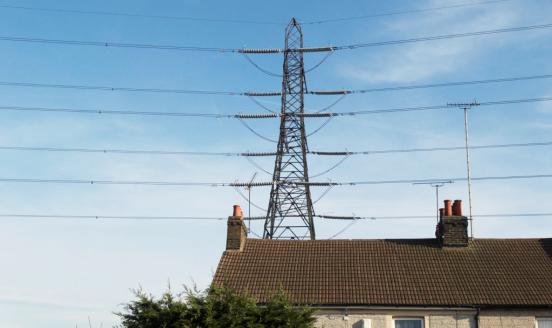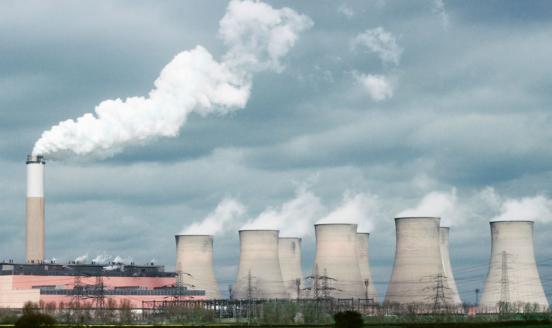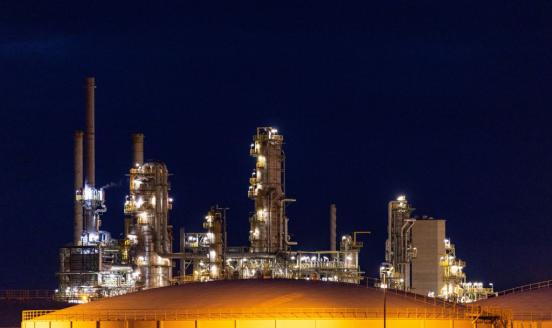How should international carbon emissions in the aviation and shipping sectors be reduced?


In July, the International Maritime Organisation agreed on a new worldwide strategy on emission reduction targets for shipping. At the start of September, Maersk – one of the world’s biggest shipping companies – unveiled the first ever vessel using green methanol.
International aviation, on the other hand, established the Carbon Offsetting and Reduction Scheme (CORSIA) and has a ‘Long-Term Global Aspirational Goal’ of net-zero emissions by 2050.
However, despite those developments, the two sectors are not yet on a trajectory aligned with the Paris agreement. While overall emissions have dropped by 30% in the EU since 1990, the trends of emissions in aviation and shipping continue to go in the opposite direction. They have increased by 29% and 26% respectively in the same period.
Three possible policy pathways could lead to improvement within the international framework of carbon emissions reduction.
First, the UNFCCC should change its accounting method to allocate international emissions to the countries of departure and arrival of ships and planes. Second, all new measures to align the two sectors with their climate pledges should be incorporated into international treaties and hence made legally binding. Third, minimum compulsory excise duties worldwide should be levied on the fossil fuels used by the two sectors and the revenues invested in scaling up alternative fuels.
The EU has so far been in a leading position worldwide. But it is important that it persists in its regional efforts to decarbonise both sectors, thus acting as a driving force for international change.
The Why Axis is a weekly newsletter distributed by Bruegel, bringing you the latest research on European economic policy.



